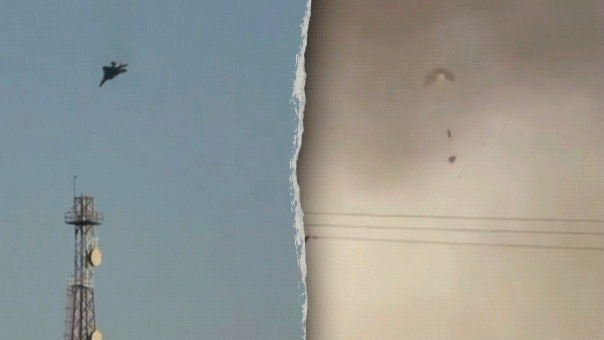The Obama administration on Wednesday said it would delay for months a final rule to control carbon dioxide emissions at new coal-fired power plants, thwarting for now one way the Republican-controlled Congress could have blocked the administration's plans on global warming.
A final rule was due by law on Jan. 8, a year after it was first proposed. But the Environmental Protection Agency said Wednesday it would wait until midsummer, and issue the new power plant rules with a separate regulation aimed at cutting the pollution blamed for global warming from the existing coal-fired power fleet. That would put the rule weeks past the deadline set by President Barack Obama when he announced his second-term plans for climate in June 2013.
"This is all about the best policy outcome, and the appropriate policy outcome," said Janet McCabe, the acting administrator for air and radiation at the agency. "That is what we are talking about here, and that is why we think it is important to finalize these rules in the same time frame."
Senate Majority Leader Mitch McConnell of Kentucky has vowed to overturn the emissions rules in short order to halt what he views as a war on coal, an industry important to his state but in decline there. McConnell tried in January 2014 when Democrats controlled the chamber, but Congress' investigative arm said the effort -- which relied on a rarely used procedural move -- was premature and could not be attempted until the rule was final.
Don Stewart, a McConnell spokesman, said the new Republican majority could attack EPA rules by other means. Among the options are attaching amendments to must-pass spending bills.
"We will have a diverse approach to the president's job-killing regulatory overreach," Stewart said.
The regulation sets the first-ever national limits on the carbon dioxide released by new coal-fired power plants, by requiring all new coal power plants that are built to capture some of the carbon and bury it underground. But even the EPA admitted in the proposal said the rule for new power plants would have little impact on greenhouse gases, because few if any new coal-fired power plants are planned.
Critics of the proposal have said that such technology has never been proven on a large scale, but a power plant in Canada in October was the first to be put in operation with so-called carbon capture and sequestration technology.
The EPA also said Wednesday it would issue by midsummer a federal plan to comply with the rules that could be used by states as an example to draft their own plan, but could also be forced on states that choose not to comply. Numerous states have already sued the agency over the proposals.












































